
漢德百科全書 | 汉德百科全书
 Ireland
Ireland



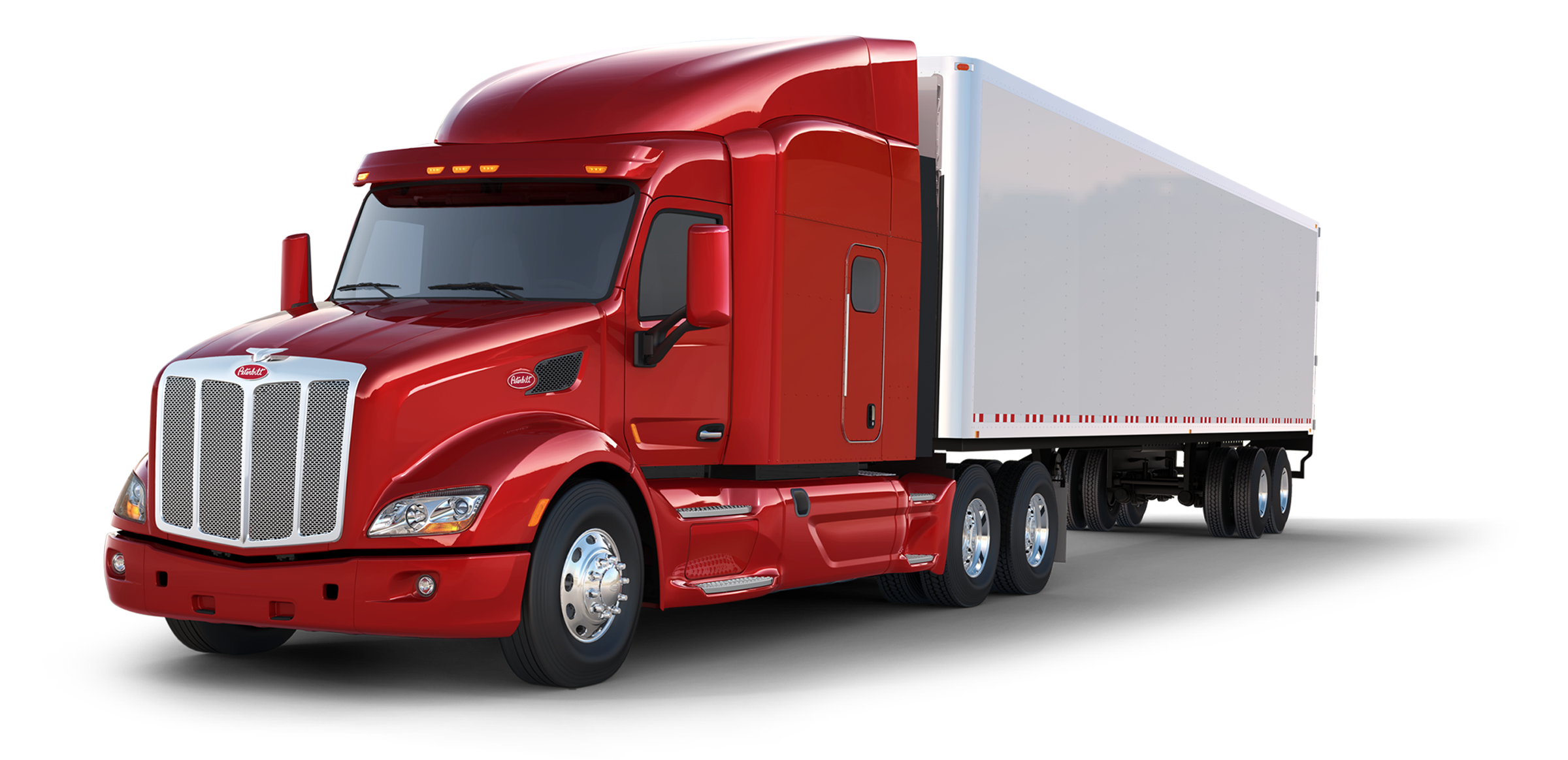 Automobile
Automobile
 ***Technology
***Technology
 Ireland
Ireland
 United States
United States

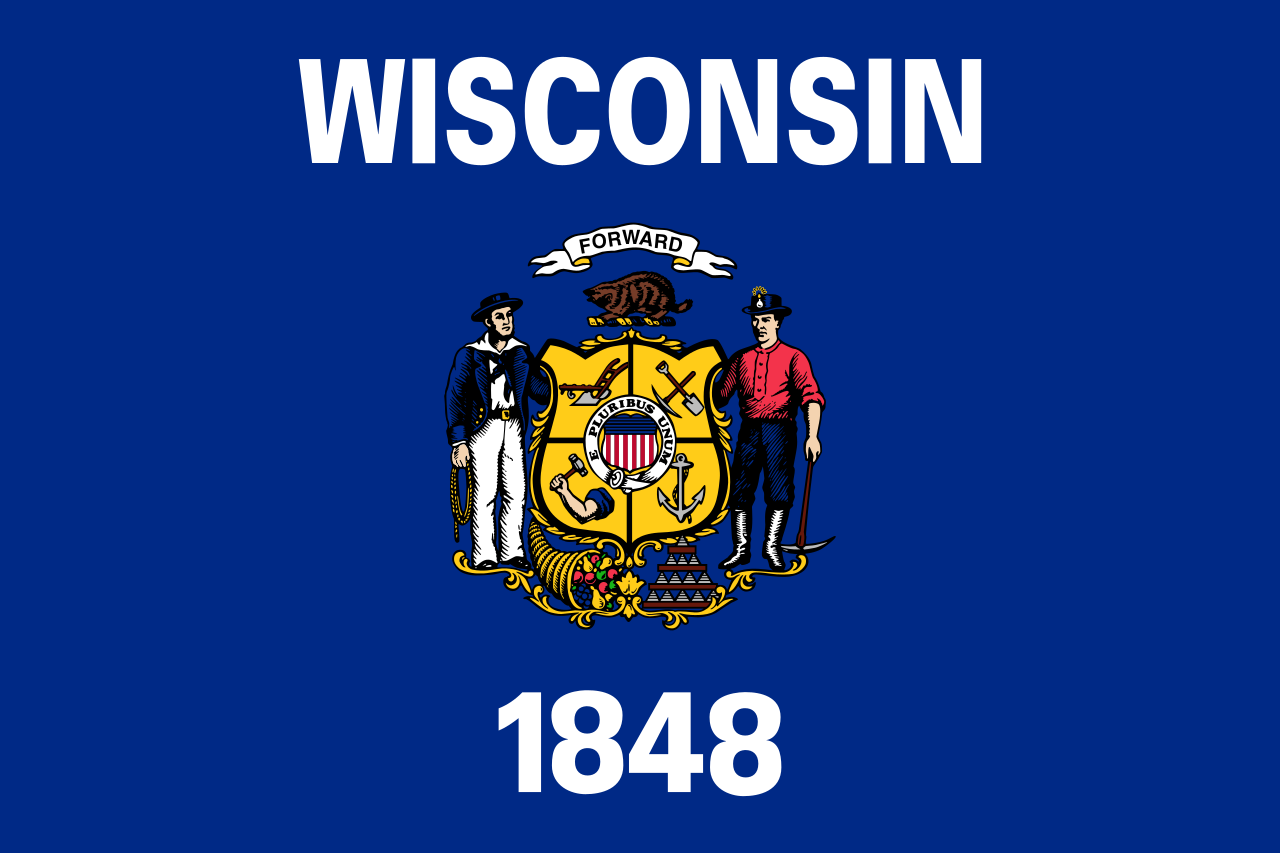 Wisconsin-WI
Wisconsin-WI

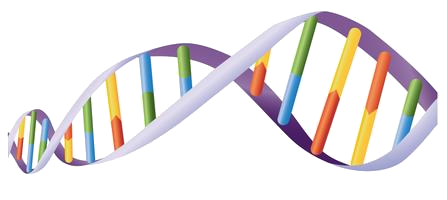 Science and technology
Science and technology
 Global Innovators
Global Innovators

 Australia
Australia
 Belgium
Belgium
 Chile
Chile
 Denmark
Denmark
 Germany
Germany
 Estonia
Estonia
 Finland
Finland
 France
France
 Greece
Greece
 Ireland
Ireland
 Iceland
Iceland
 Israel
Israel
 Italy
Italy
 Japan
Japan
 Canada
Canada
 Luxembourg
Luxembourg
 Mexico
Mexico
 New Zealand
New Zealand
 Netherlands
Netherlands
 Norwegen
Norwegen
 OECD
OECD
 Emiel van Lennep
Emiel van Lennep
 OECD
OECD
 Don Johnston
Don Johnston
 OECD
OECD
 Jean-Claude Paye
Jean-Claude Paye
 OECD
OECD
 José Ángel Gurría
José Ángel Gurría
 OECD
OECD
 Staffan Sohlman
Staffan Sohlman
 OECD
OECD
 Thorkil Kristensen
Thorkil Kristensen
 Austria
Austria
 Poland
Poland
 Portugal
Portugal
 Republic of Korea
Republic of Korea
 Sweden
Sweden
 Switzerland
Switzerland
 Slovakia
Slovakia
 Slovenia
Slovenia
 Spain
Spain
 Czech Republic
Czech Republic
 Turkey
Turkey
 Hungary
Hungary
 United States
United States
 United Kingdom
United Kingdom

 Important International Organizations
Important International Organizations
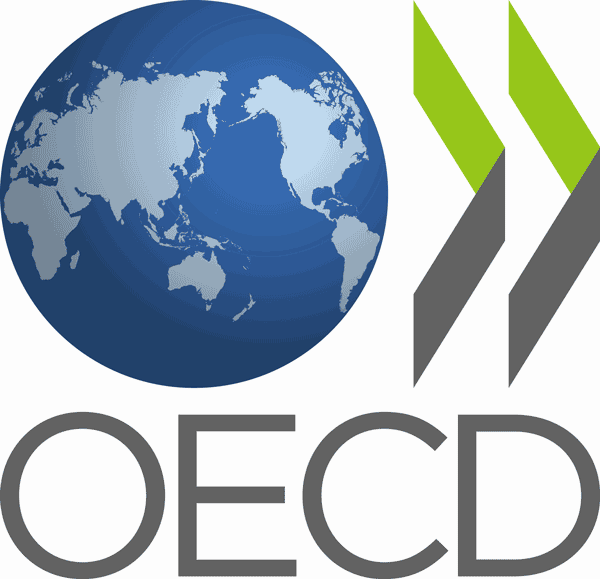
経済協力開発機構(けいざいきょうりょくかいはつきこう)は、国際経済全般について協議することを目的とした国際機関。公用語の正式名称は、英語では"Organisation[1] for Economic Co-operation and Development"(イギリス英語表記)、フランス語では"Organisation de Coopération et de Développement Economiques"。略称は英語ではOECD、フランス語ではOCDE。
本部事務局はパリ16区の旧ラ・ミュエット宮殿に置かれている。事務総長はアンヘル・グリア。
The Organisation for Economic Co-operation and Development (OECD; French: Organisation de Coopération et de Développement Économiques, OCDE) is an intergovernmental economic organisation with 37 member countries,[1] founded in 1961 to stimulate economic progress and world trade. It is a forum of countries describing themselves as committed to democracy and the market economy, providing a platform to compare policy experiences, seek answers to common problems, identify good practices and coordinate domestic and international policies of its members. Generally, OECD members are high-income economies with a very high Human Development Index (HDI) and are regarded as developed countries. As of 2017, the OECD member countries collectively comprised 62.2% of global nominal GDP (US$49.6 trillion)[3] and 42.8% of global GDP (Int$54.2 trillion) at purchasing power parity.[4] The OECD is an official United Nations observer.[5]
In 1948, the OECD originated as the Organisation for European Economic Co-operation (OEEC),[6] led by Robert Marjolin of France, to help administer the Marshall Plan (which was rejected by the Soviet Union and its satellite states).[7] This would be achieved by allocating United States financial aid and implementing economic programs for the reconstruction of Europe after World War II. (Similar reconstruction aid was sent to the war-torn Republic of China and post-war Korea, but not under the name "Marshall Plan".)[8]
In 1961, the OEEC was reformed into the Organisation for Economic Co-operation and Development by the Convention on the Organisation for Economic Co-operation and Development and membership was extended to non-European states.[9][10] The OECD's headquarters are at the Château de la Muette in Paris, France.[11] The OECD is funded by contributions from member countries at varying rates and had a total budget of €386 million in 2019.[2]
Although OECD does not have a power to enforce its decisions, which further require unanimous vote from its members, it is recognized as highly influential publisher of mostly economic data through publications as well as annual evaluations and rankings of members countries.[12]
L'Organisation de coopération et de développement économiques (OCDE) est une organisation internationale d'études économiques, dont les pays membres — des pays développés pour la plupart — ont en commun un système de gouvernement démocratique et une économie de marché. Elle joue essentiellement un rôle d'assemblée consultative1.
L'OCDE a succédé à l'Organisation européenne de coopération économique (OECE) issue du plan Marshall et de la Conférence des Seize (Conférence de coopération économique européenne) qui a existé de 1948 à 1960. Son but était l'établissement d'une organisation permanente chargée en premier lieu d'assurer la mise en œuvre du programme de relèvement commun (le plan Marshall), et, en particulier, d'en superviser la répartition2.
En 2020, l'OCDE compte 37 pays membres et regroupe plusieurs centaines d'experts. Elle publie fréquemment des études économiques et sociales — analyses, prévisions et recommandations de politique économique — et des statistiques, principalement concernant ses pays membres.
Le siège de l'OCDE se situe à Paris (16e), au château de la Muette. L'organisation possède également des bureaux dans plusieurs autres métropoles, notamment à Berlin, Mexico, Tokyo et Washington.
L'Organizzazione per la cooperazione e lo sviluppo economico (OCSE) – in inglese Organization for Economic Co-operation and Development (OECD), e in francese Organisation de coopération et de développement économiques (OCDE) – è un'organizzazione internazionale di studi economici per i paesi membri, paesi sviluppati aventi in comune un'economia di mercato.
L'organizzazione svolge prevalentemente un ruolo di assemblea consultiva che consente un'occasione di confronto delle esperienze politiche, per la risoluzione dei problemi comuni, l'identificazione di pratiche commerciali e il coordinamento delle politiche locali e internazionali dei paesi membri[1]. Ha sede a Parigi nello Château de la Muette[2].
Gli ultimi paesi ad aver aderito all'OCSE sono la Colombia (28 aprile 2020),la Lettonia (1º luglio 2016) e la Lituania (5 luglio 2018), per un totale di 36 paesi membri.
La Organización para la Cooperación y el Desarrollo Económico1 (OCDE) es un organismo de cooperación internacional, compuesto por 37 estados,34 cuyo objetivo es coordinar sus políticas económicas y sociales. La OCDE fue fundada en 1961 y su sede central se encuentra en el Château de la Muette en París (Francia). Los idiomas oficiales de la entidad son el francés y el inglés.2
En la OCDE, los representantes de los países miembros se reúnen para intercambiar información y armonizar políticas con el objetivo de maximizar su crecimiento económico y colaborar a su desarrollo y al de los países no miembros.
Conocida como «club de los países ricos»,56 a partir de 2017, sus países miembros comprendieron colectivamente el 62,2 % del PIB nominal global (US$49,6 billones) y el 42,8 % del PIB global (Int US$54,2 billones).7
Организа́ция экономи́ческого сотру́дничества и разви́тия (сокр. ОЭСР, англ. Organisation for Economic Co-operation and Development, OECD) — международная экономическая организация развитых стран, признающих принципы представительной демократии и свободной рыночной экономики.
Создана в 1948 году под названием Организа́ция европе́йского экономи́ческого сотру́дничества (англ. Organisation for European Economic Co-operation, OEEC) для координации проектов экономической реконструкции Европы в рамках плана Маршалла.
Штаб-квартира организации располагается в Шато де ла Мюетт, в Париже. Генеральный секретарь (с 2006 года) — Хосе Анхель Гурриа Тревиньо (Мексика). Руководящим органом ОЭСР является совет представителей стран — членов организации. Все решения в нём принимаются на основе консенсуса.
По данным на 2011 год, в странах ОЭСР проживало 18 % населения мира[2].

Als Keltische See (französisch mer Celtique, englisch Celtic Sea, irisch An Mhuir Cheilteach, bretonisch Ar Mor Keltiek, walisisch Y Môr Celtaidd) wird ein Gebiet des Atlantiks zwischen der Südküste Irlands, der Südwestküste von Wales und den Nordküsten von Devon und Cornwall bezeichnet. Sie erstreckt sich über 645 km in nord-südlicher Richtung (46.48° N bis 52.28° N) und über 560 km von Ost nach West (11.5° W bis 4.192° W). Die Flächenausdehnung beträgt rund 300.000 km².
Als Grenze im Westen gilt der äußerste Westen von Irland. Die ungefähre Südgrenze befindet sich auf der Höhe der Bretagne, folgend dem Kontinentalschelf, das im Gebiet der Keltischen See auch Keltisches Schelf (Celtic Shelf) genannt wird.[1] An der Küste der Bretagne trifft die Keltische See am Pointe de Penmarch, der auch die südliche Begrenzung der Baie d’Audierne darstellt, auf die Biskaya.
Im Nordosten schließt sich der Bristol Channel an, im Osten der Ärmelkanal, und im Süden und Südosten die Biskaya. Die Iroise im Südosten ist Teil der Keltischen See.
Zu den Inseln der Keltischen See gehören die Scilly-Inseln und die bretonischen Inseln Ouessant und Île de Sein. Die Insel Lundy liegt an der Grenze zum Bristol Channel.
Die Verbindung zwischen der Keltischen und der Irischen See ist der St.-Georgs-Kanal.
凯尔特海(英语:Celtic Sea;爱尔兰语:An Mhuir Cheilteach;威尔士语:Y Môr Celtaidd)是大西洋的一个海域,位于爱尔兰的南方。凯尔特海的东面连接着圣乔治海峡、布里斯托尔湾及英吉利海峡。另外,连接着的陆地有爱尔兰东南岸、威尔士西南岸、英格兰康瓦耳半岛以及法国的布列塔尼半岛,全是传统上凯尔特人的聚居地,凯尔特海因而得名。本来这个海域的北部被视作圣乔治海峡的一部分,而南部并无名称,直至1921年由欧内斯特·威廉·里昂·霍尔特提出“凯尔特海”这个名字并被广泛使用。
海域南部与西部的界线并不清晰,霍尔特提出以200英寻(366米)等深线及韦桑岛为界。国际水文组织(IHO)以铅垂线测深后把凯尔特海的定义范围再向南扩展。
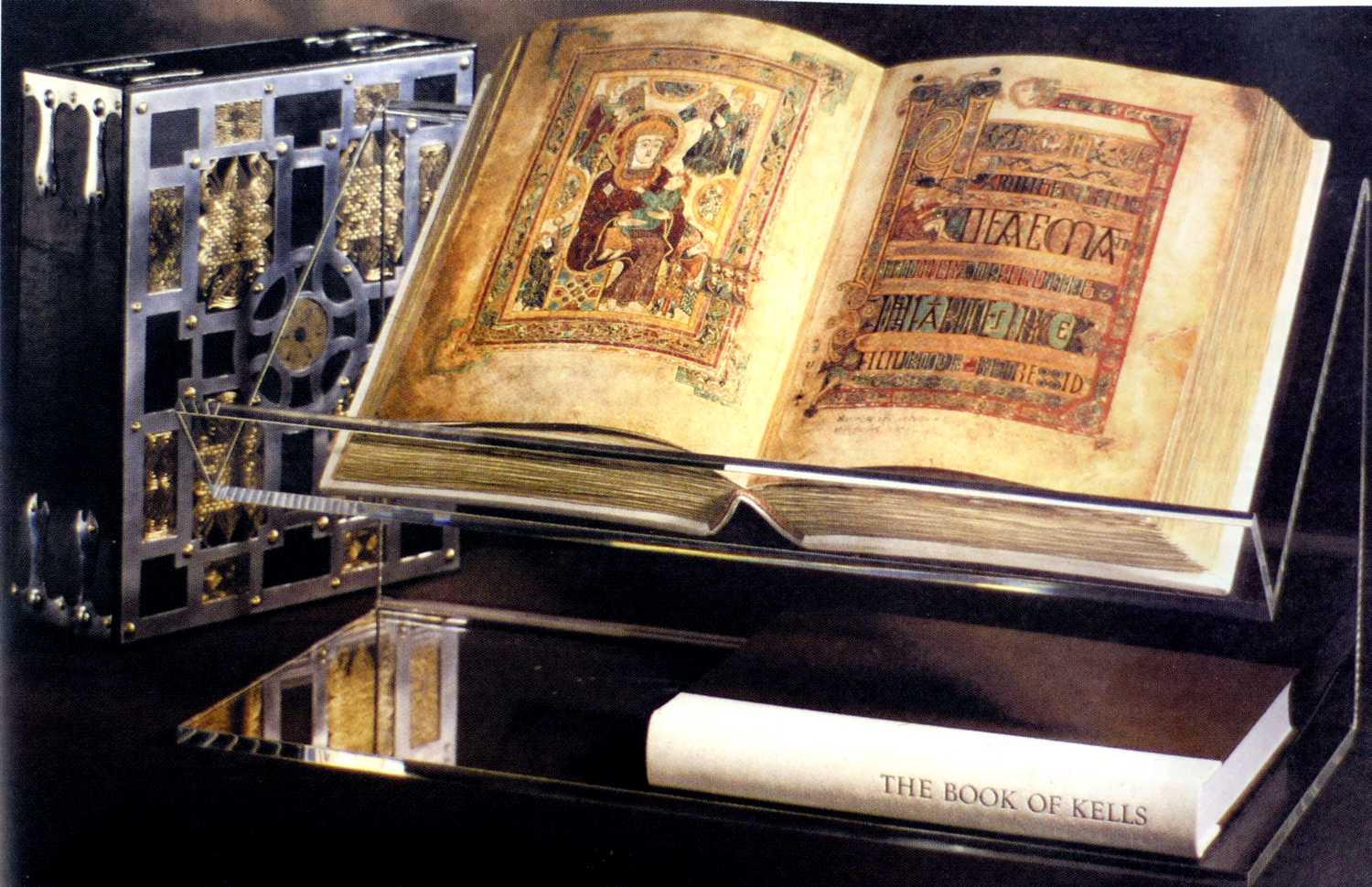
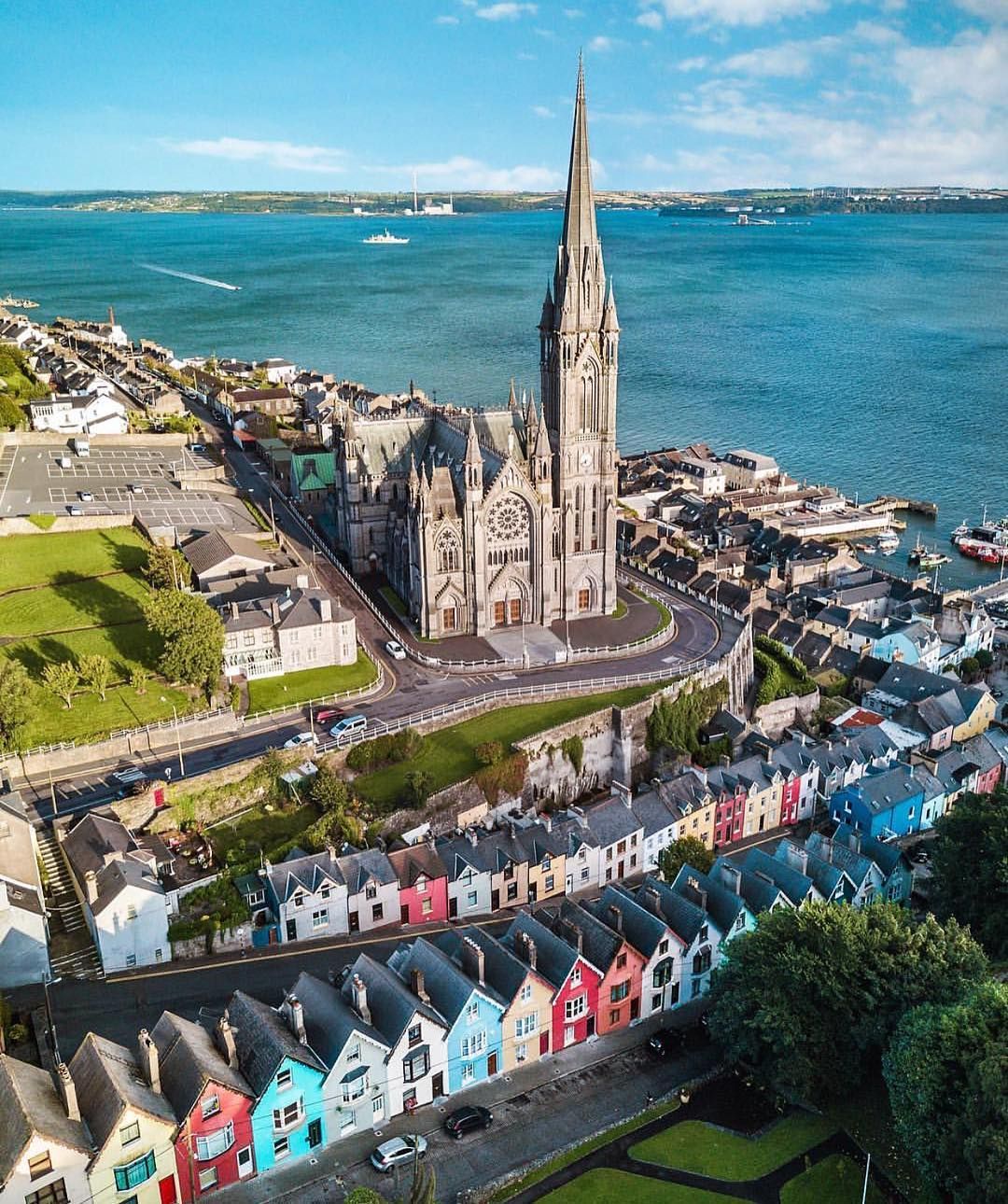

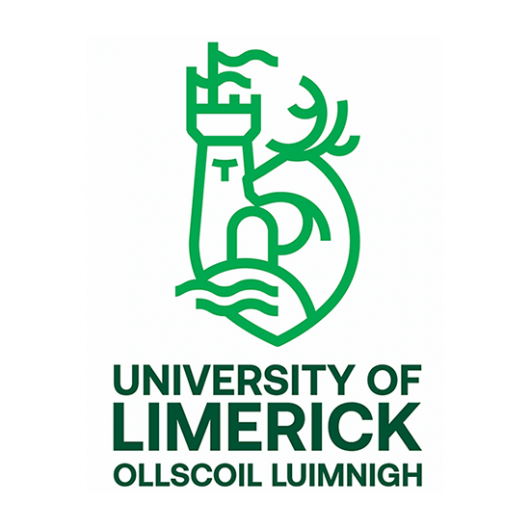


 Ireland
Ireland

 Medical, Pharmaceutical, Rehabilitation
Medical, Pharmaceutical, Rehabilitation
 Medical Equipment
Medical Equipment

 Medical equipment
Medical equipment
 Herzintervention
Herzintervention

 Medical equipment
Medical equipment
 Dental Equipment
Dental Equipment

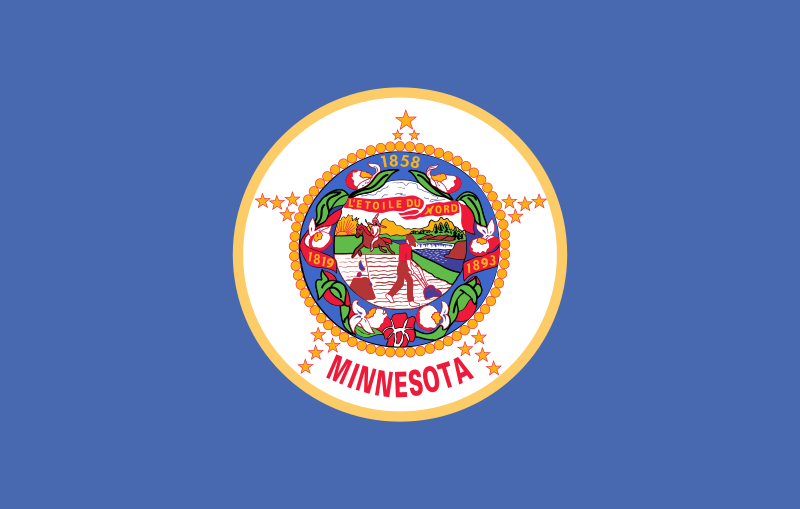 Minnesota-MN
Minnesota-MN

 Science and technology
Science and technology
 Global Innovators
Global Innovators

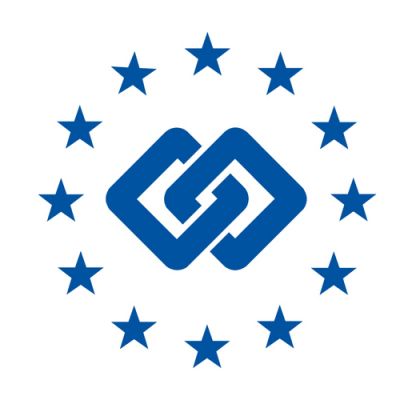
 Belarus
Belarus

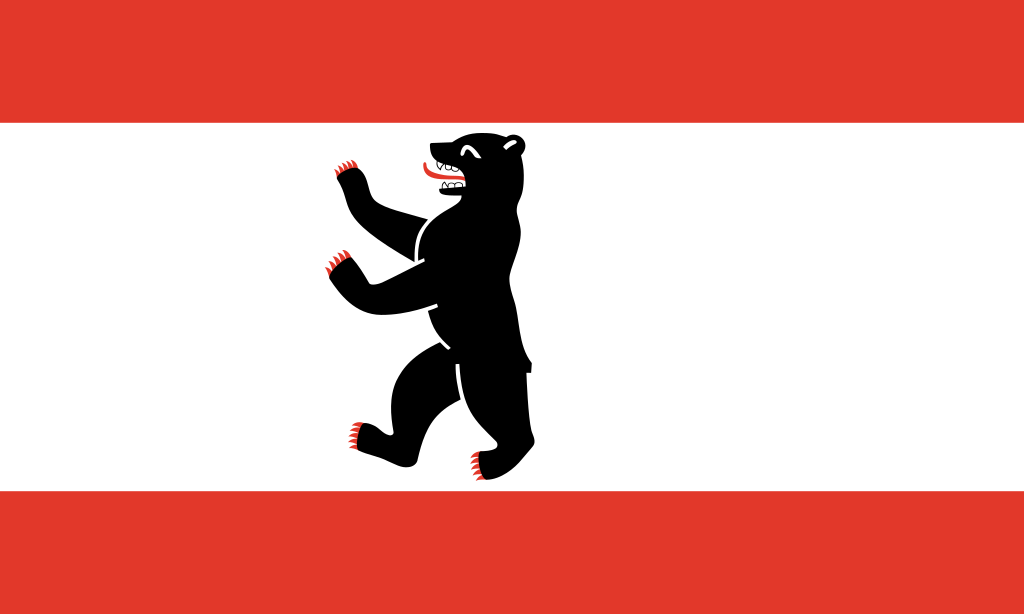 Berlin
Berlin

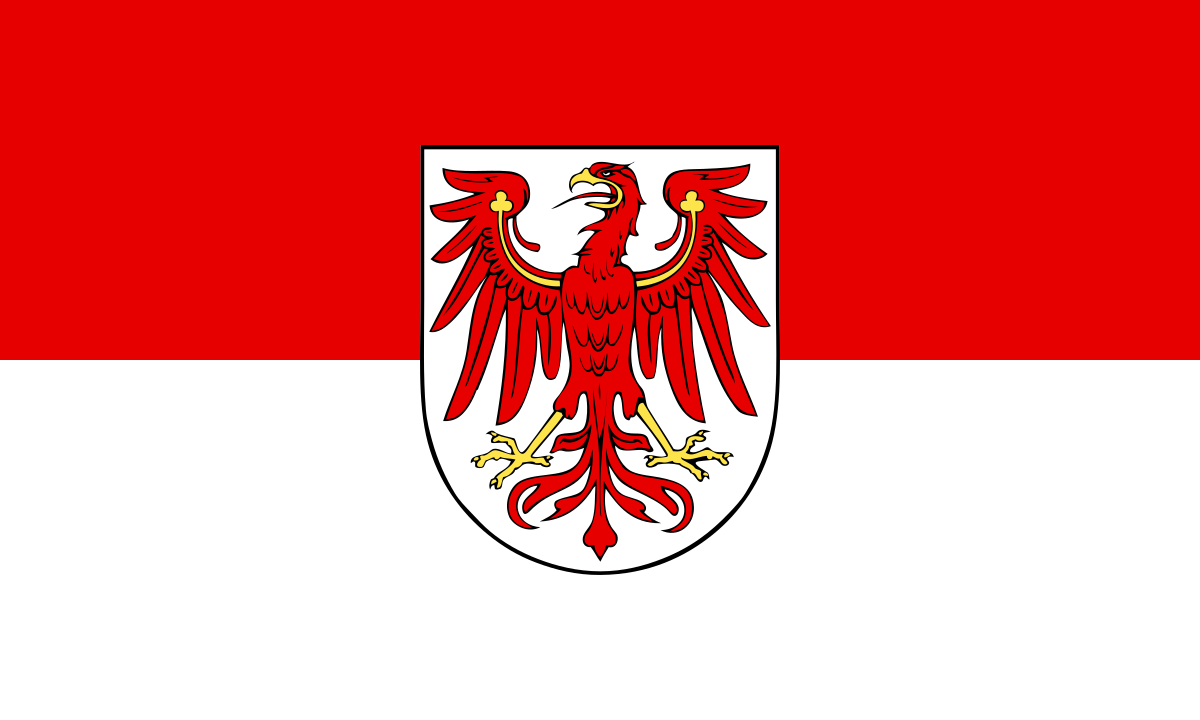 Brandenburg
Brandenburg
 Germany
Germany
 Ireland
Ireland
 Netherlands
Netherlands

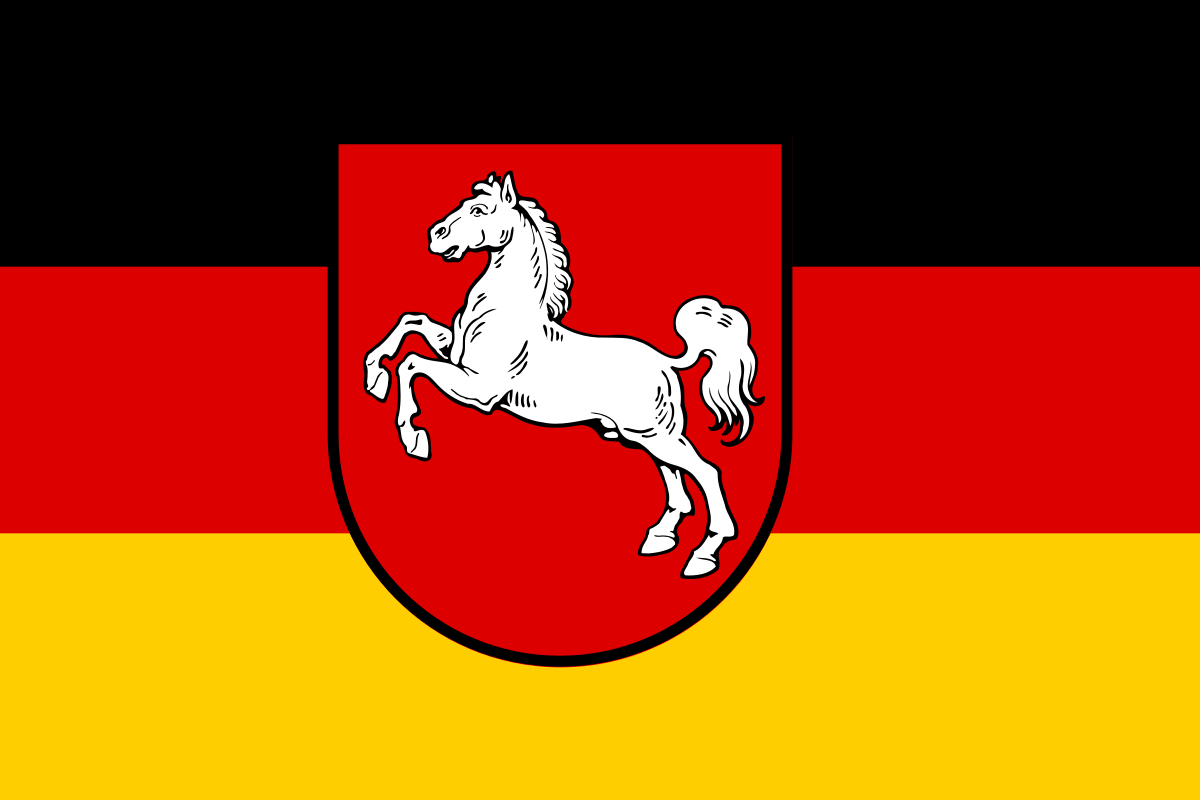 Lower Saxony
Lower Saxony

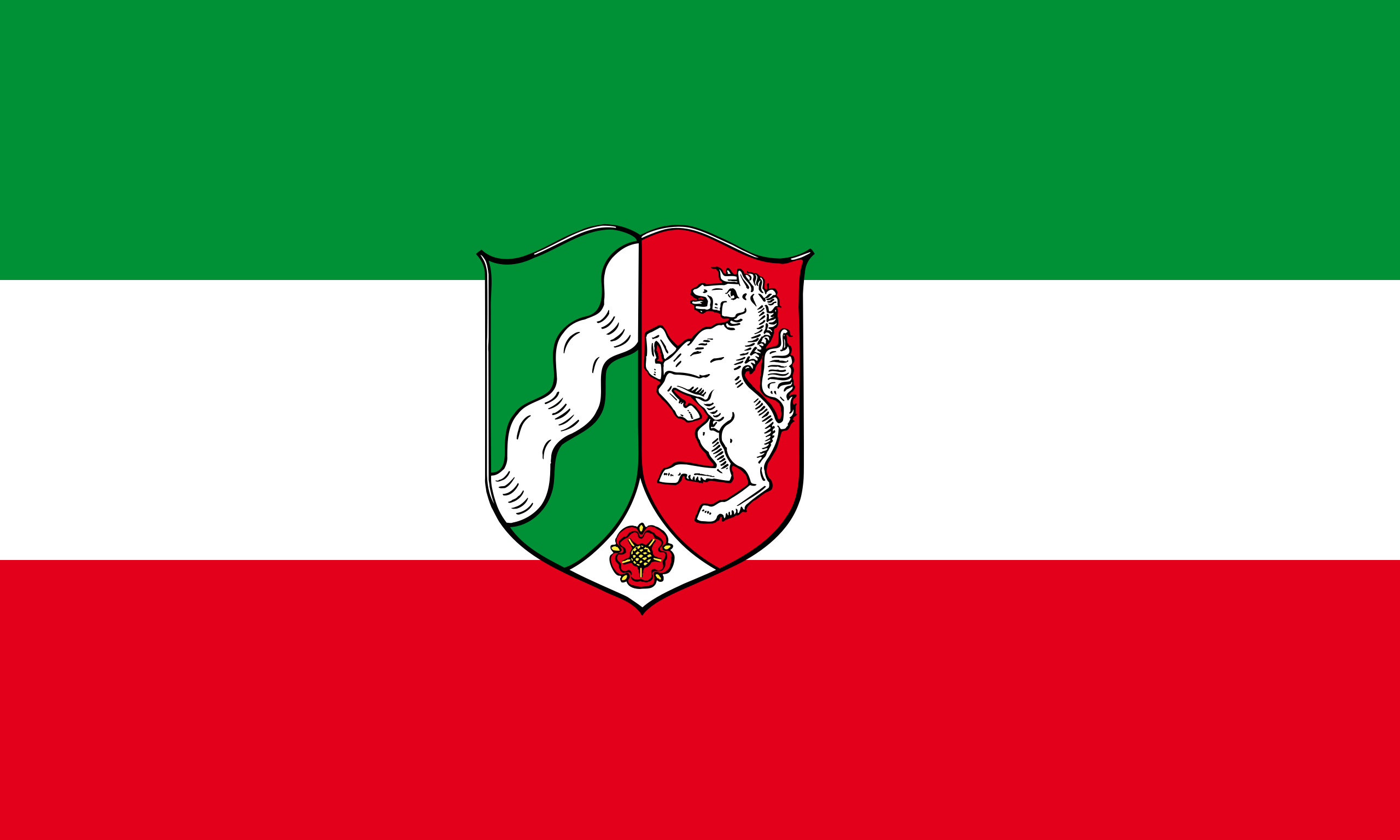 North Rhine-Westphalia
North Rhine-Westphalia
 Poland
Poland
 Russia
Russia

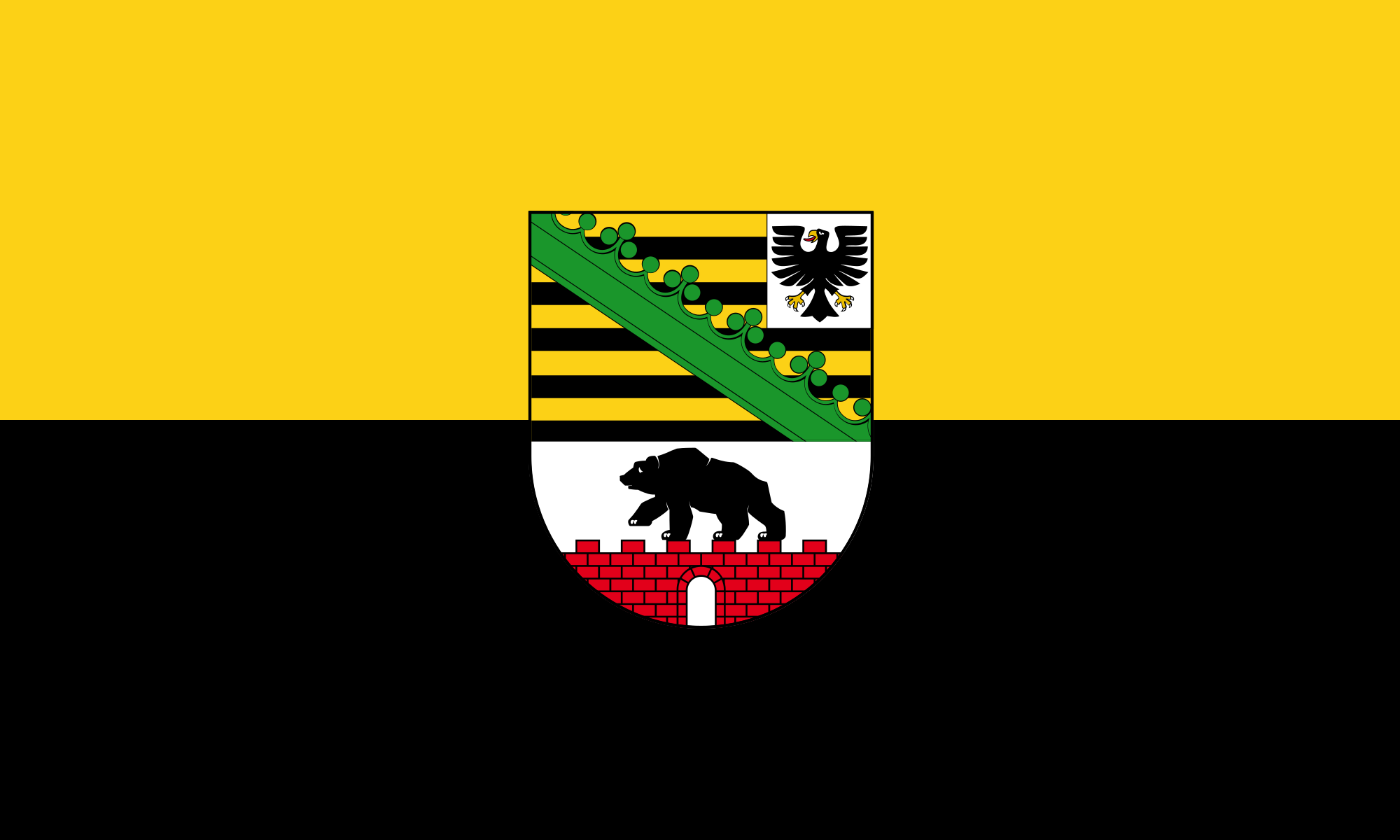 Saxony-Anhalt
Saxony-Anhalt
 United Kingdom
United Kingdom
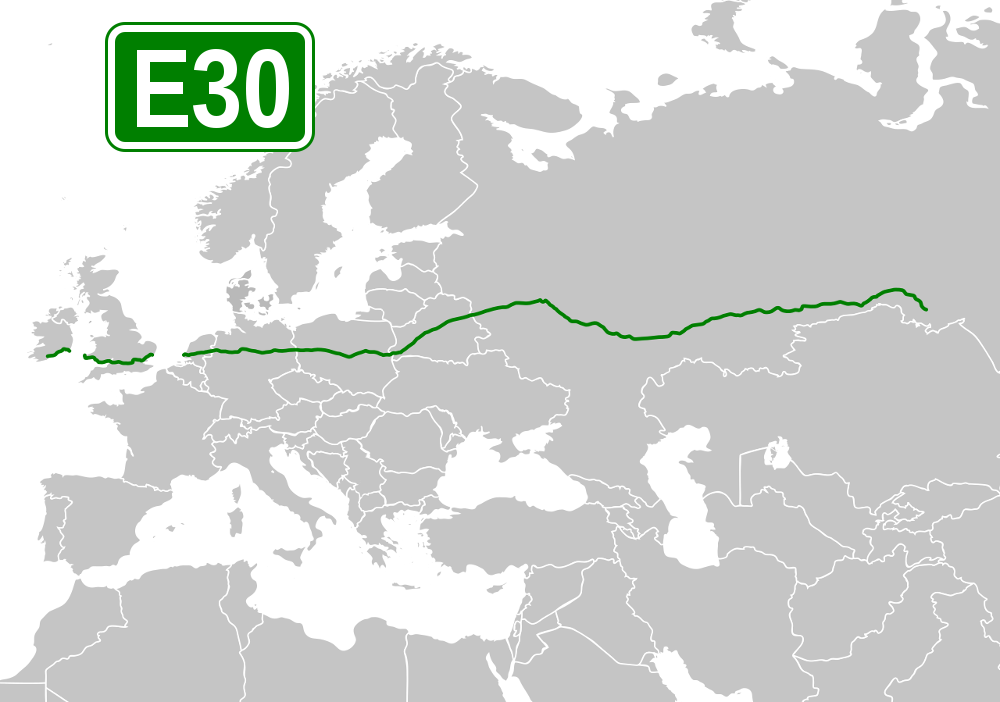
 Companies
Companies
 Economy and trade
Economy and trade
 Geography
Geography
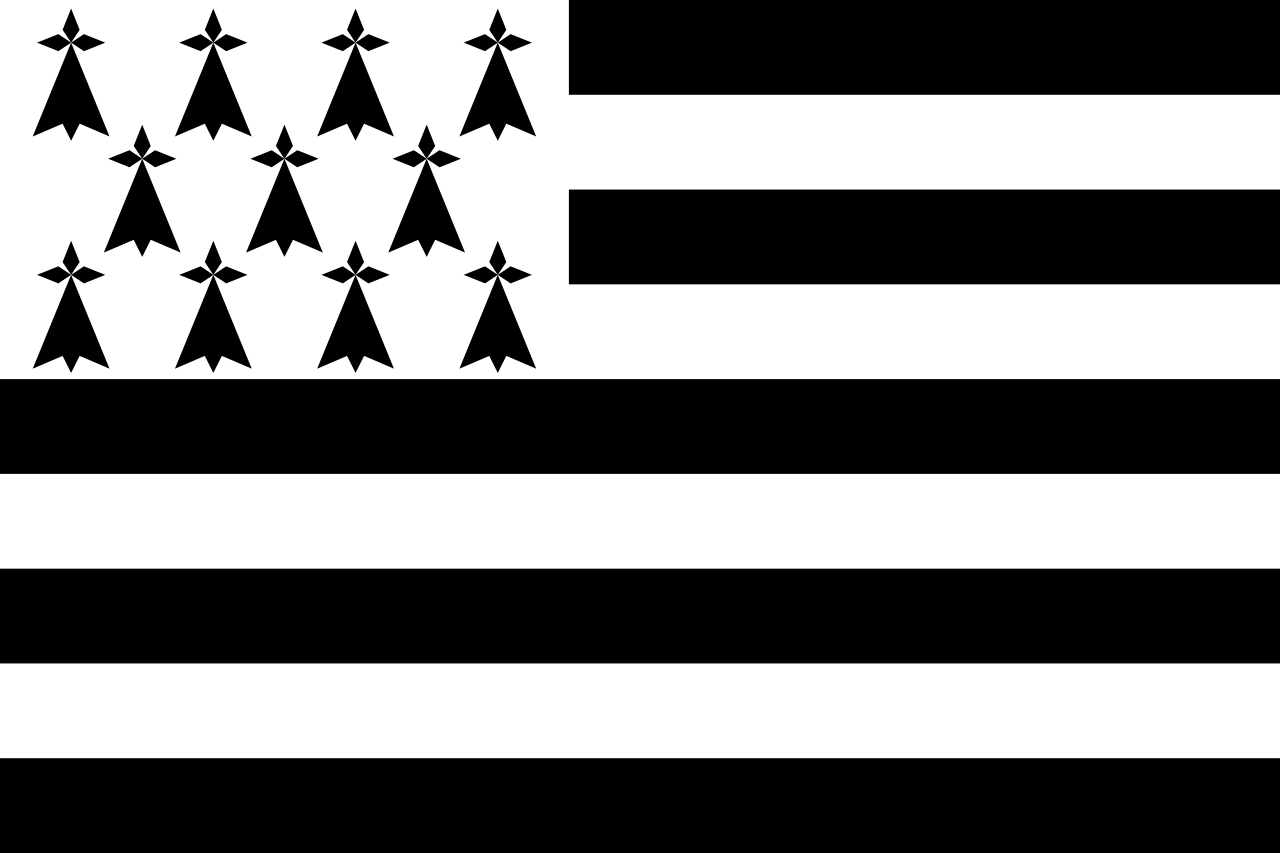 Bretagne
Bretagne
 History
History
 Literature
Literature
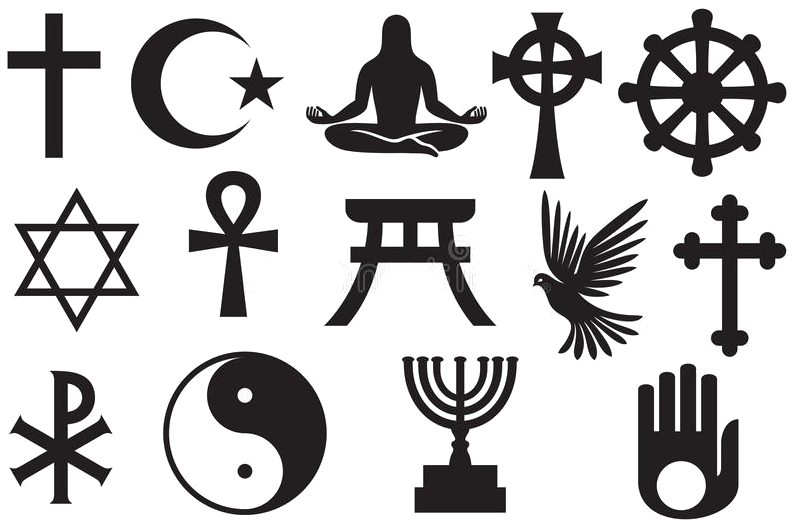 Religion
Religion
 International cities
International cities
 Colleges and Universities in Europe
Colleges and Universities in Europe
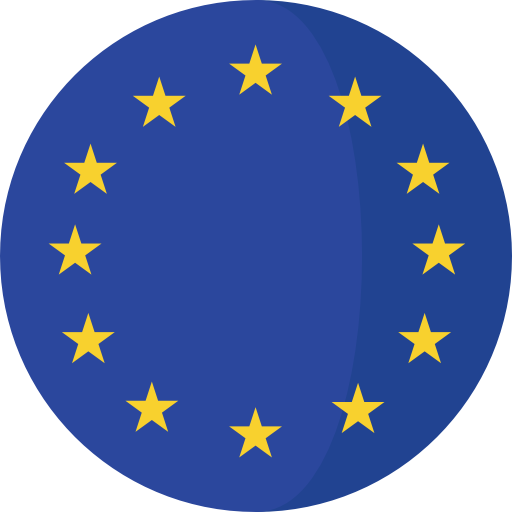 European Union
European Union
 Transport and traffic
Transport and traffic